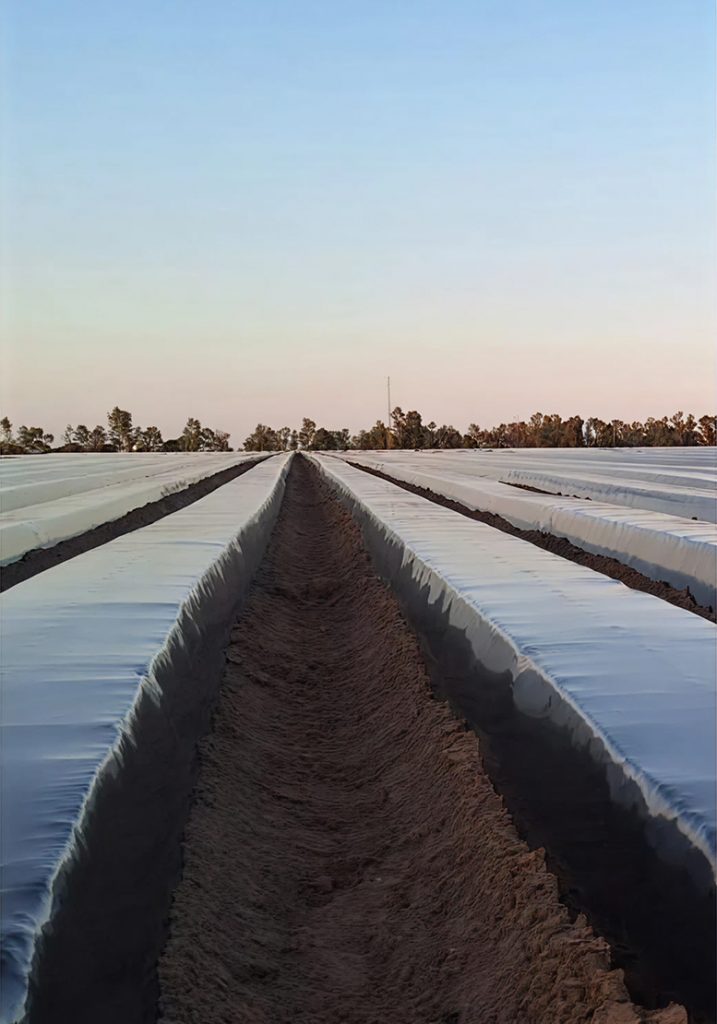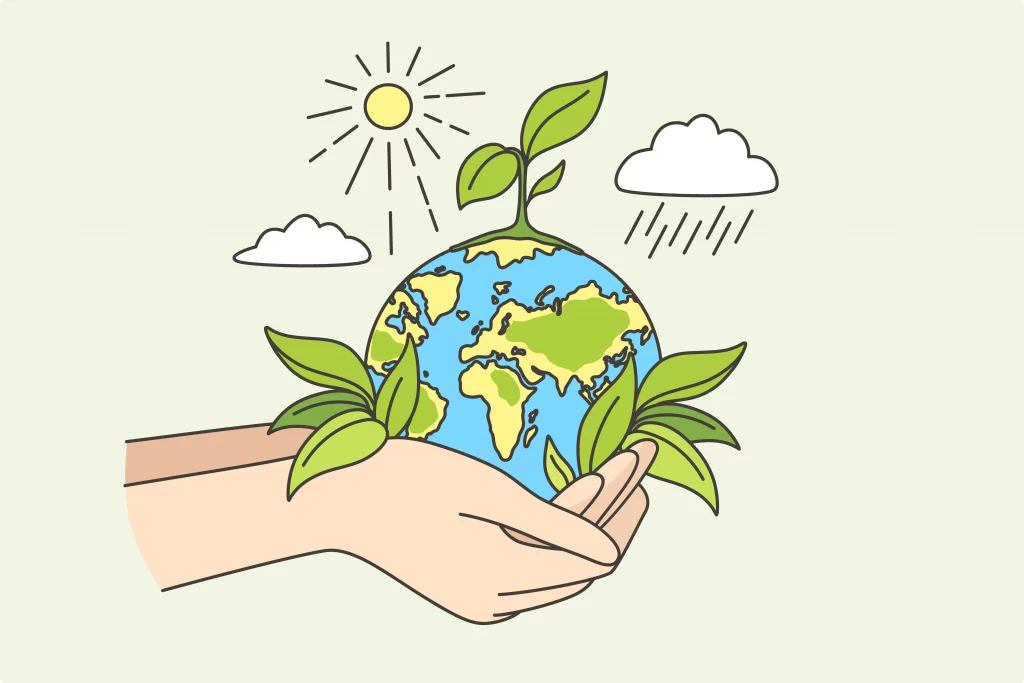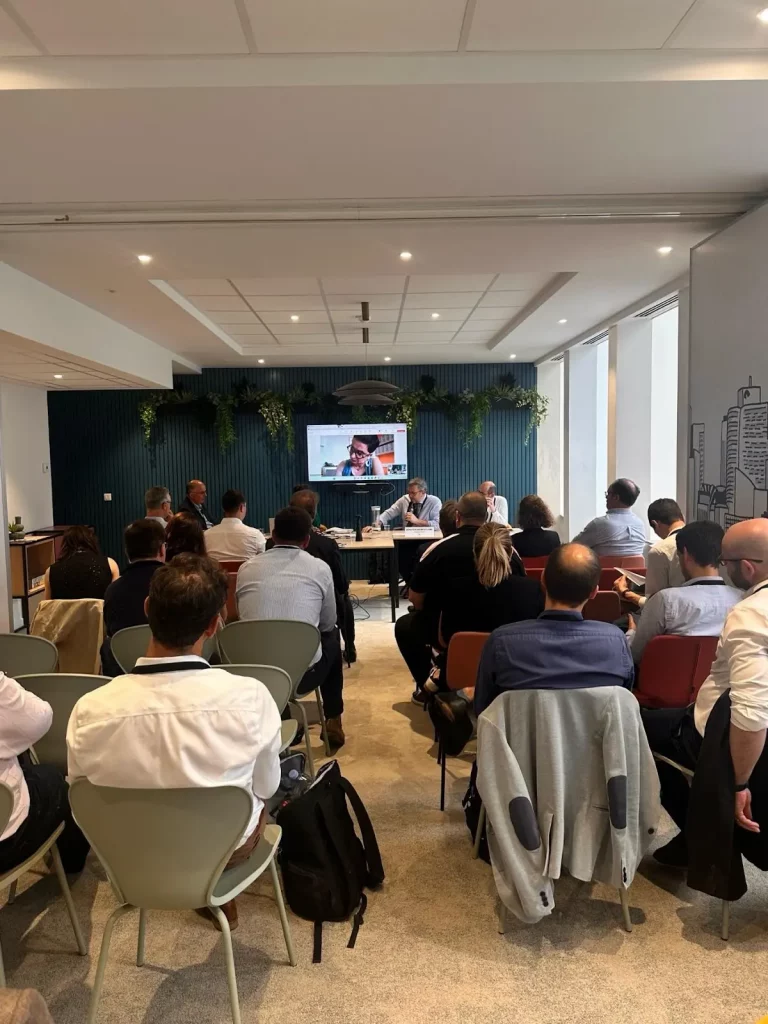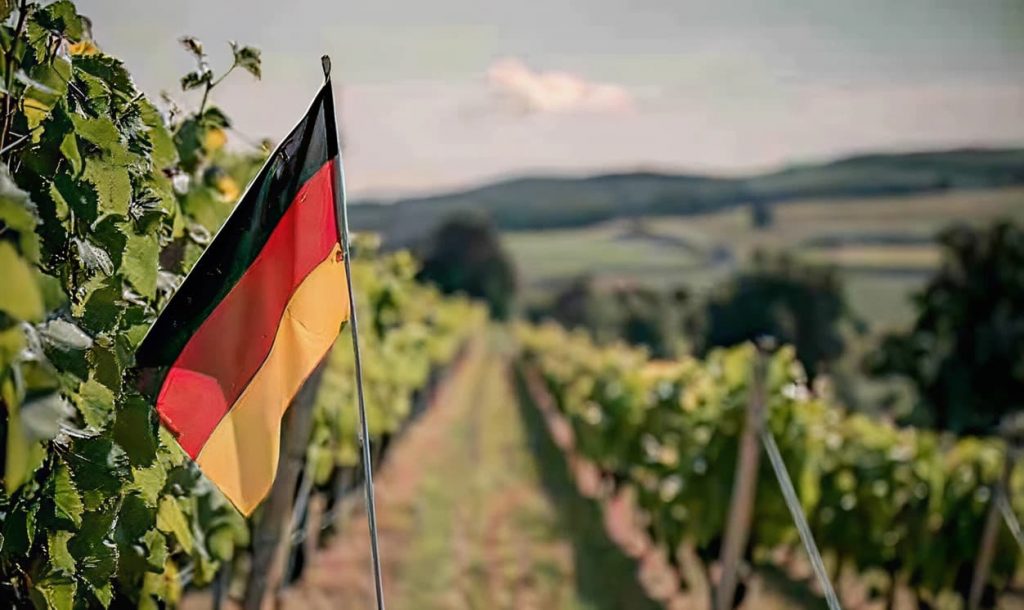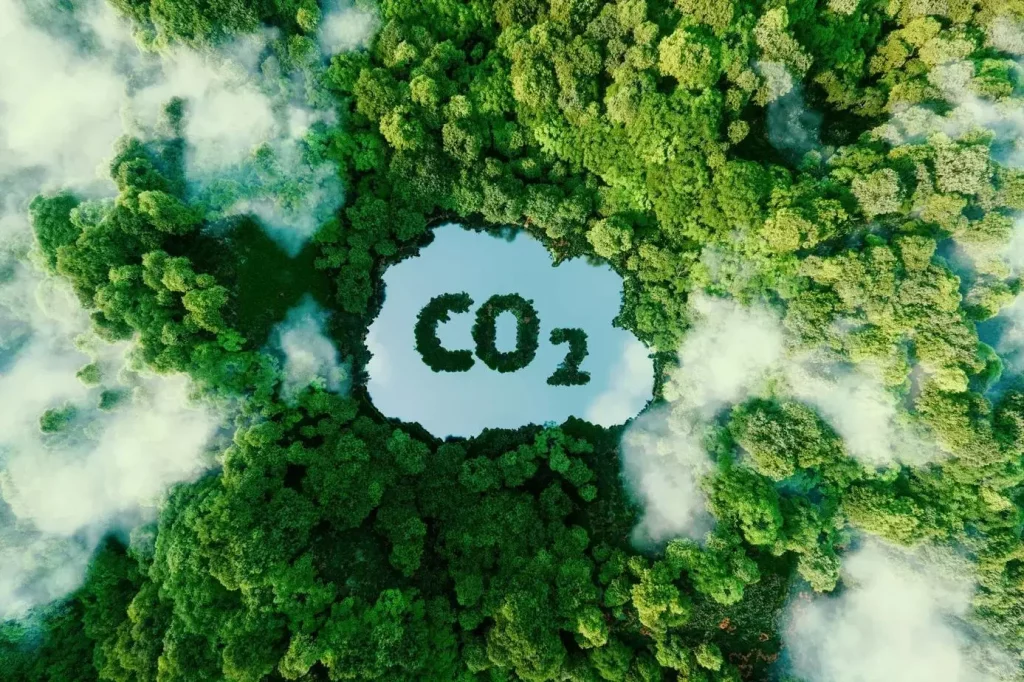Plastics in agriculture : background on policy developments

AUTHOR : Richard THOMPSON, Agricultural Plastics and Sustainability Specialist, Office of Climate Change, Biodiversity and Environment, Food and Agriculture Organization of the United Nations (FAO)
Between the creation of a legally binding framework and voluntary commitment, the United Nations wants to put an end to plastic pollution and seek to provide the future with effective instruments to preserve the environment, the well-being of populations and the health quality of their food. Mr. Thompson, from the FAO, gives an update on the state of the UN debates.
In 2022, in its 141st issue, Plasticulture Magazine included an article about the Food and Agriculture Organization of the United Nations (FAO) and its report, Assessment of agricultural plastics and their sustainability : A call for action¹. The report was launched in December 2021 and called for urgent global action to improve the sustainability of plastics use in agriculture. It received a lot of interest in both scientific circles and at global fora such as Stockholm+50 international meeting, the World Trade Organization’s deliberations on plastics, and the Conference of the Parties to the Basel Convention.
On 2 March 2022, the United Nations Environment Assembly (UNEA) passed Resolution 5/14, entitled “End plastic pollution: towards an international legally binding instrument” (ILBI). The resolution addressing pollution throughout the plastics lifecycle, in both terres-trial and marine environments. It triggered the process to develop an international legally binding instrument on plastic pollution, including in the marine environment (ILBI) with the ambition to complete negotiations in 2024².
The food industry and its use of plastics
Responding to the call for action conveyed by the 2021 assessment report, in July 2022, FAO’s Committee on Agriculture (COAG)³ debated the importance for the Organization to start addressing issues of plastic use in agrifood systems.
The conclusions of the 28th Session of the COAG were subsequently endorsed by FAO’s Council at its 171st Session in December 2022 with the following recommendations⁴ :
- Encouraged FAO to undertake further scientific and evidence-based assessments related to the distribution, benefits, trade-offs and risks of plastics for agricultural use and their alternatives, to address knowledge gaps on plastics in agriculture, and requested the development of policy instruments, taking into account Members’ past and ongoing efforts as well as developing countries’ needs and challenges.
- Underscored the need for improved intersectoral collabo-ration and governance to address plastic use throughout agrifood systems, and recommended FAO to continue to address knowledge gaps, including through inclusive participation of Members and consultations with relevant stakeholders, and subject to the evidence-based assessment referred to in sub-paragraph i) to develop, within FAO’s mandate, a Voluntary Code of Conduct on the sustainable use of plastics in agriculture.
- Encouraged FAO to support deliberations of the intergovernmental negotiating committee (INC) on plastic pollution to develop an international legally binding instrument on plastic pollution established by the United Nations Environment Assembly Resolution End plastic pollution: Towards an international legally binding instrument (UNEP/EA.5/Res.14) with guidance on the issues of plastics used in agriculture.
“Legally binding instrument (ilbi)” and “voluntary code of conduct (vcoc)”
The ILBI and the VCoC take different approaches towards the same objective. Both are instruments that are negotiated by governments. However, the ILBI will set out obligations that are mandatory for its signatory governments, which could include both binding and voluntary approaches, based on a comprehensive approach that addresses the full life cycle of plastic; while the VCoC, on the other hand, will set out recommendations of best practice for governments, as well as other stakeholders, in the plastics and agrifood supply chains.
The exact form of the ILBI has not been decided. There are two basic approaches: a bottom-up treaty that provides a loose, multilateral framework for countries to communicate their national-level policies, similar to the Paris Agreement of the UN Framework Convention on Climate Change (UNFCCC); or a top-down treaty that stipulates a common set of policies for all parties similar to the Montreal Convention. GRID-Arendal’s report “Crafting an effective treaty on plastic pollution” explains the pros and cons of the two approaches⁵. FAO’s voluntary Codes of Conduct and voluntary guidelines have been successful in assisting Members to strengthen their legal and normative frameworks. For example, a 2020 survey identified 118 Member States that had implemented elements of the Code of Conduct
on Responsible Fisheries⁶.
There are many variations of passages of Lorem Ipsum available, but the majority have suffered alteration in some form, by injected humour, or randomised words which don't look even slightly believable. If you are going to use a passage of Lorem Ipsum, you need to be sure there isn't anything embarrassing hidden in the middle of text. All the Lorem Ipsum generators on the Internet tend to repeat predefined chunks as necessary, making this the first true generator on the Internet. It uses a dictionary of over 200 Latin words, combined with a handful of model sentence structures, to generate Lorem Ipsum which looks reasonable. The generated Lorem Ipsum is therefore always free from repetition, injected humour, or non-characteristic words etc.


